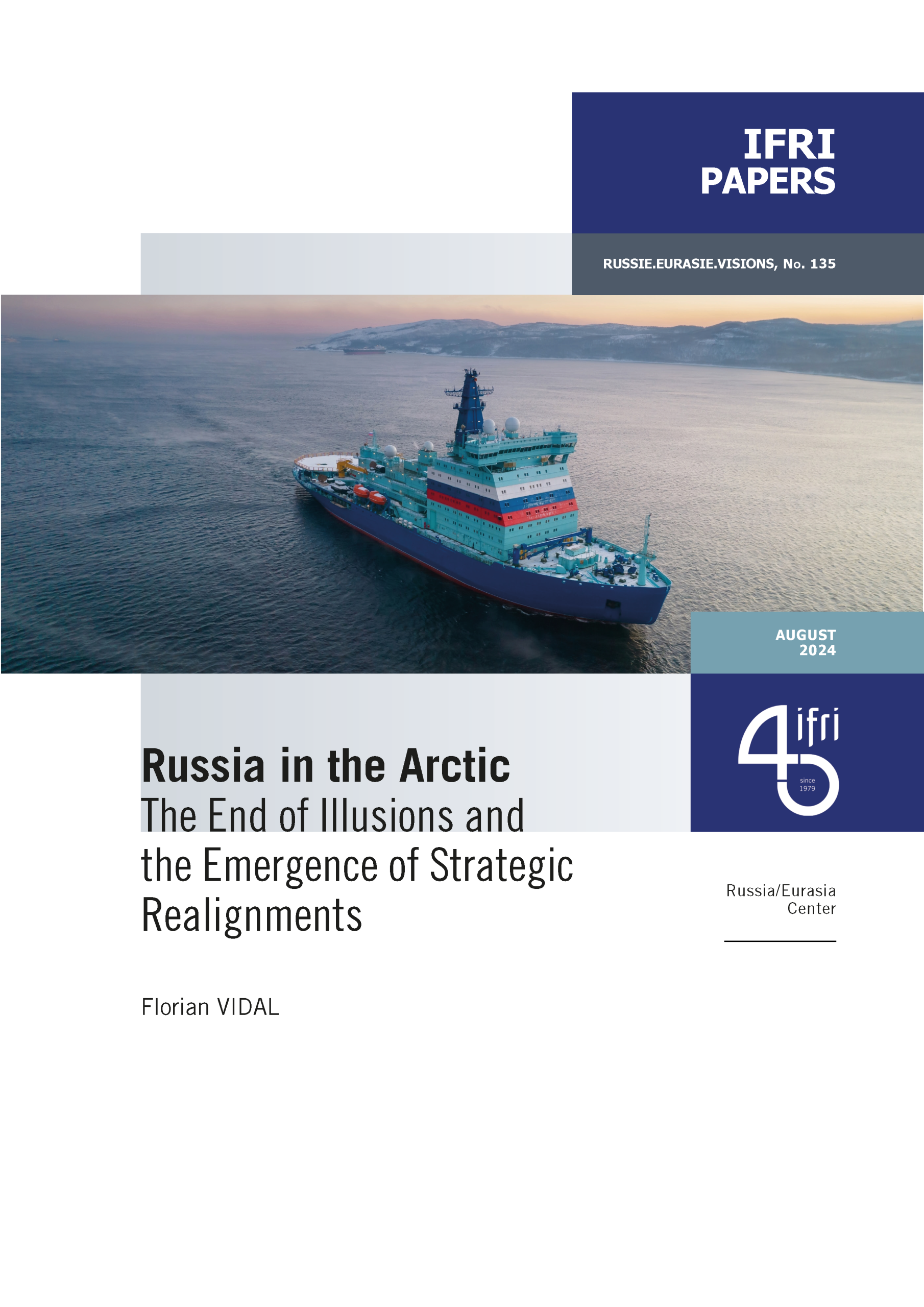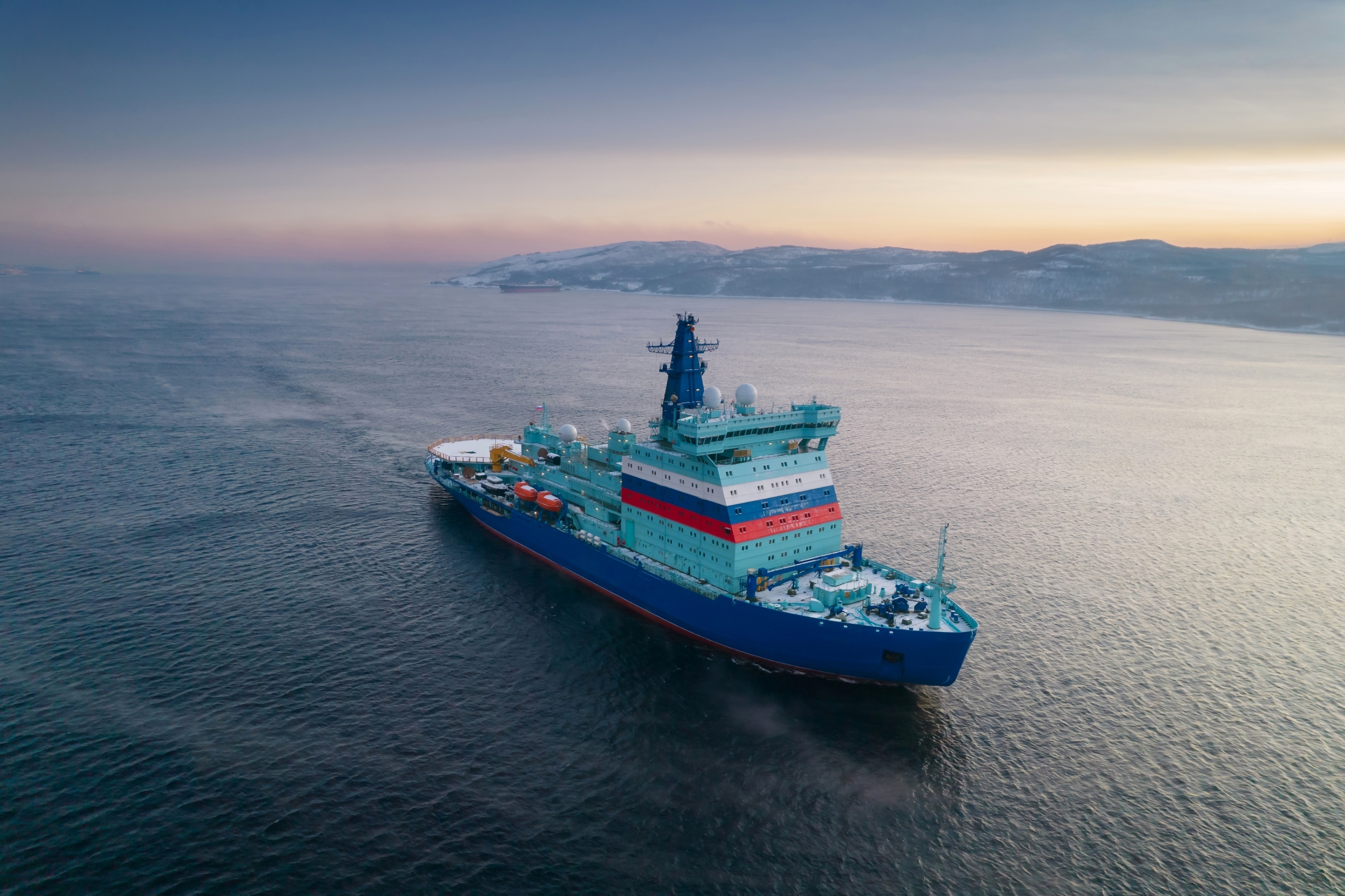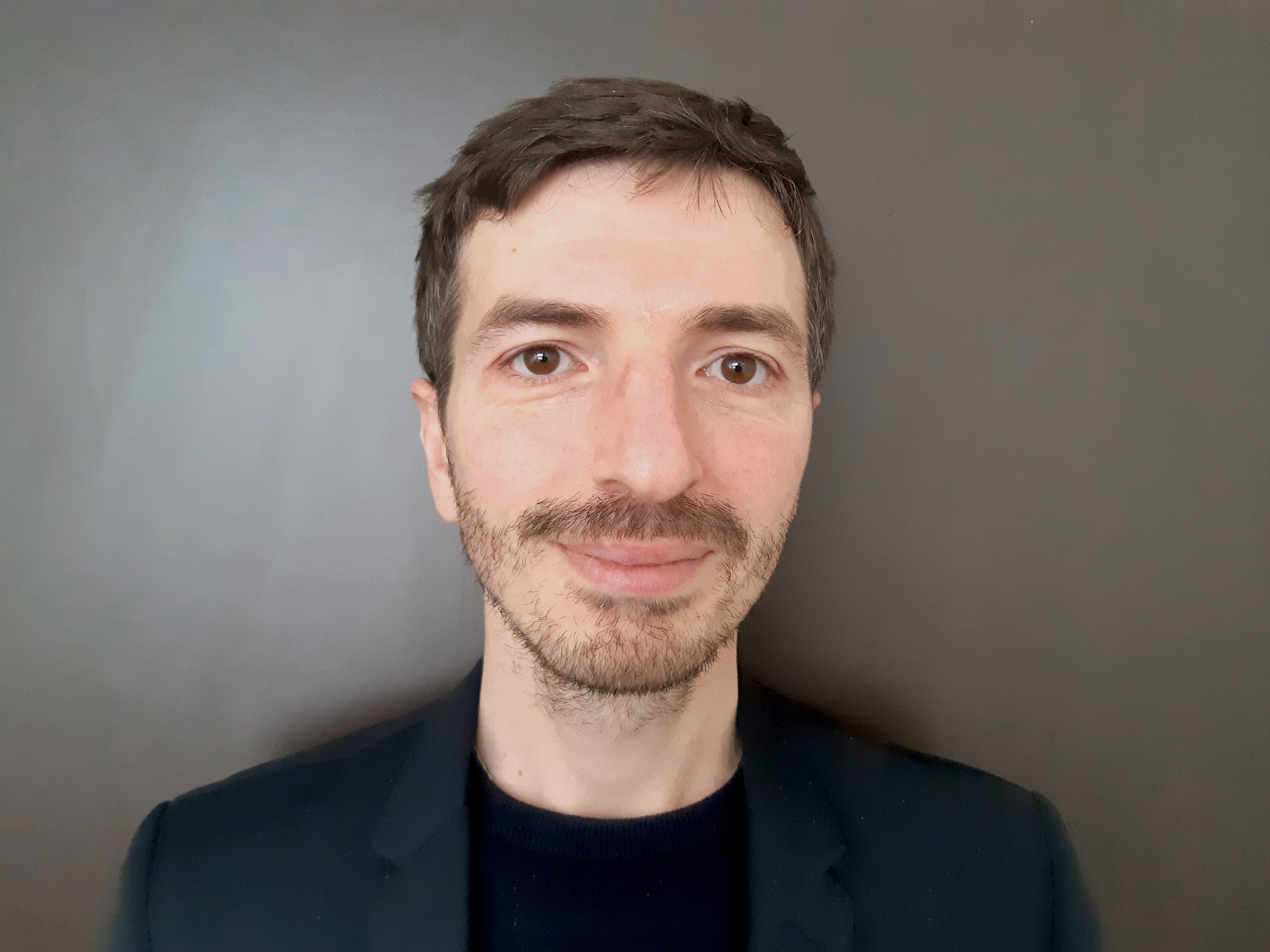Russia in the Arctic: The End of Illusions and the Emergence of Strategic Realignments

Russia’s full-scale invasion of Ukraine has triggered profound changes in the Arctic region, the consequences of which remain uncertain in the long term.

Long spared the effects of global geopolitical tensions, the polar space has, in recent decades, become the theater of extensive cooperation and close dialogue between Russia and the Western Arctic states. However, Russia’s annexation of Crimea in 2014 shattered this trust, which had been built on scientific, economic, and cultural exchange and on a consensus-based approach to common challenges, such as those concerning the environment, through regional institutional mechanisms.
Although regional forums for dialogue have continued to function, no new diplomatic or strategic initiatives were commenced between 2014 and 2022. Indeed, a growing number of military exercises have caused a new antagonism to set in, evoking the Cold War. The war in Ukraine has heightened this trend, which has since been confirmed by Finland and Sweden joining NATO. Having been diplomatically isolated at the regional level, Russia has been stepping up its initiatives to form alternative partnerships, with a plan to develop the north of its territory, including the Northeast Passage, also known as the Northern Sea Route (NSR).
As one of the Kremlin’s geopolitical priorities since the start of the twenty-first century, the Russian Arctic is now feeling the effects of this new geostrategic configuration, including a slowdown in industrial and economic projects—under Western sanctions—and a radical change in the region’s Russian population, conditioned by the war in Ukraine and by animosity toward the West. This long-term shift has structurally distanced the Russian Arctic from the rest of the polar region, drawing it somewhat closer to Asia. Furthermore, this fracture in the region has fueled global geopolitical changes marked by the rivalry between China and the United States in the Indo-Pacific space.
Florian Vidal is an associate research fellow at Ifri’s Russia/Eurasia Center. He holds a PhD in political science and is a researcher at UiT, The Arctic University of Norway. He specializes in the resources-energy-technology nexus in the context of the Anthropocene, especially in relation to issues concerning mining in remote areas (such as the polar regions, seabeds, and outer space).
In addition, he is an associate research fellow with the Laboratoire interdisciplinaire des énergies de demain (LIED) (Interdisciplinary Energy Research Institute) at the CNRS, based at Paris Cité University, and a member of the ANR Strategic Metals research project coordinated by the Bureau de recherches géologiques et minières (BRGM) (Bureau of Geological and Mining Research). He also teaches at the Saint-Cyr Military Academy. Florian Vidal has extensive field experience in Northern Europe, Russia, and Latin America.

Available in:
Themes and regions
ISBN / ISSN
Share
Download the full analysis
This page contains only a summary of our work. If you would like to have access to all the information from our research on the subject, you can download the full version in PDF format.
Russia in the Arctic: The End of Illusions and the Emergence of Strategic Realignments
Related centers and programs
Discover our other research centers and programsFind out more
Discover all our analysesDeathonomics: The Social, Political, and Economic Costs of War in Russia
The report attempts to outline and examine a truly new phenomenon in Russian society, dubbed “deathonomics”—the making of a mercenary army against the backdrop of the Kremlin’s war in Ukraine, eventually replacing both the Soviet (conscript) and early new Russian (contract) armies. It notes that, by the end of 2023, this trend had turned the military service into one of the highest-paying professions in the country, something not seen in Russia on such a scale since the late 17th century.
Russia's Asia Strategy: Bolstering the Eagle's Eastern Wing
Among Russia’s strategic priorities, Asia traditionally played a secondary role compared to the West. In the mid-1990s, then Foreign Minister Yevgeny Primakov initiated a rapprochement with China and India. Then, in 2014, deteriorating relations between Russia and the West prompted Moscow to begin its “great pivot to the East”.
Kazakhstan After the Double Shock of 2022: Political, Economic and Military Consequences
The year 2022 represented a dual shock for Kazakhstan. In January, the country faced its most severe political crisis since independence, followed in February by Russia’s full-scale invasion of Ukraine, which cast uncertainty over the borders of post-Soviet states. These consecutive crises profoundly shaped Kazakhstan’s domestic and foreign policy.

How the Russian Army Changed its Concept of War, 1993-2022
The traditional and high-intensity war that has occurred in Ukraine since Russia decided to invade raises a key issue: did post-soviet Russian strategic thought really prepare Russia for waging this war?











